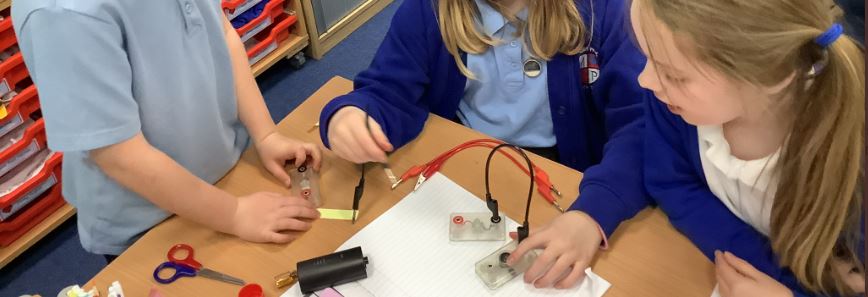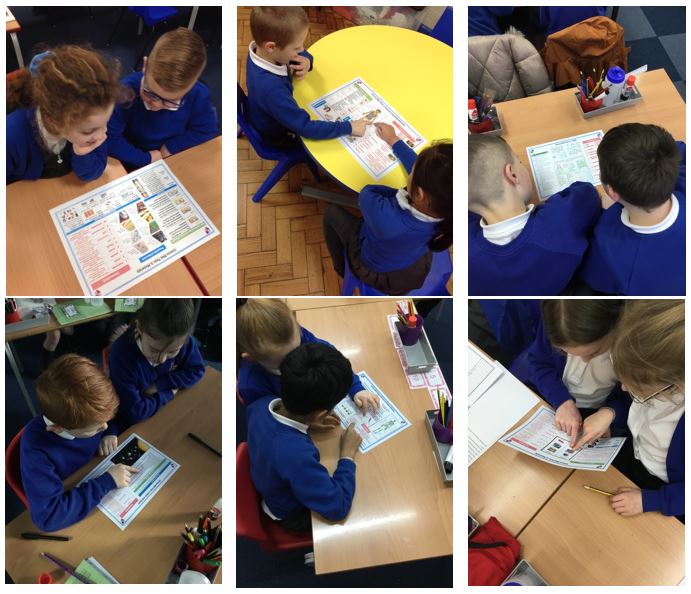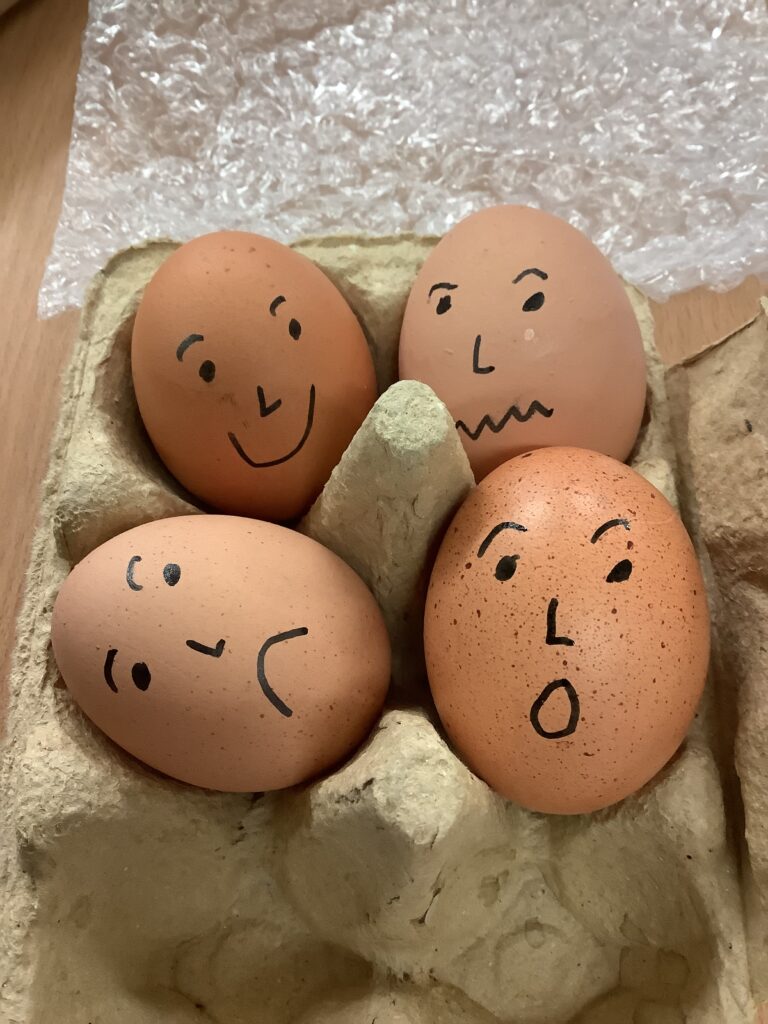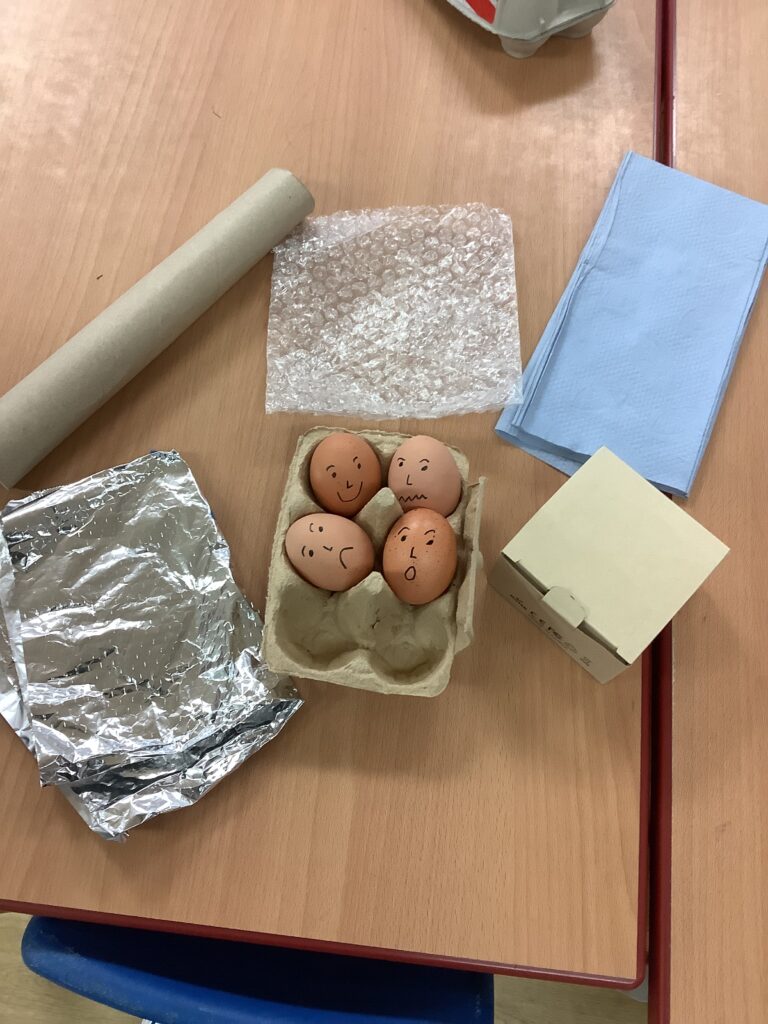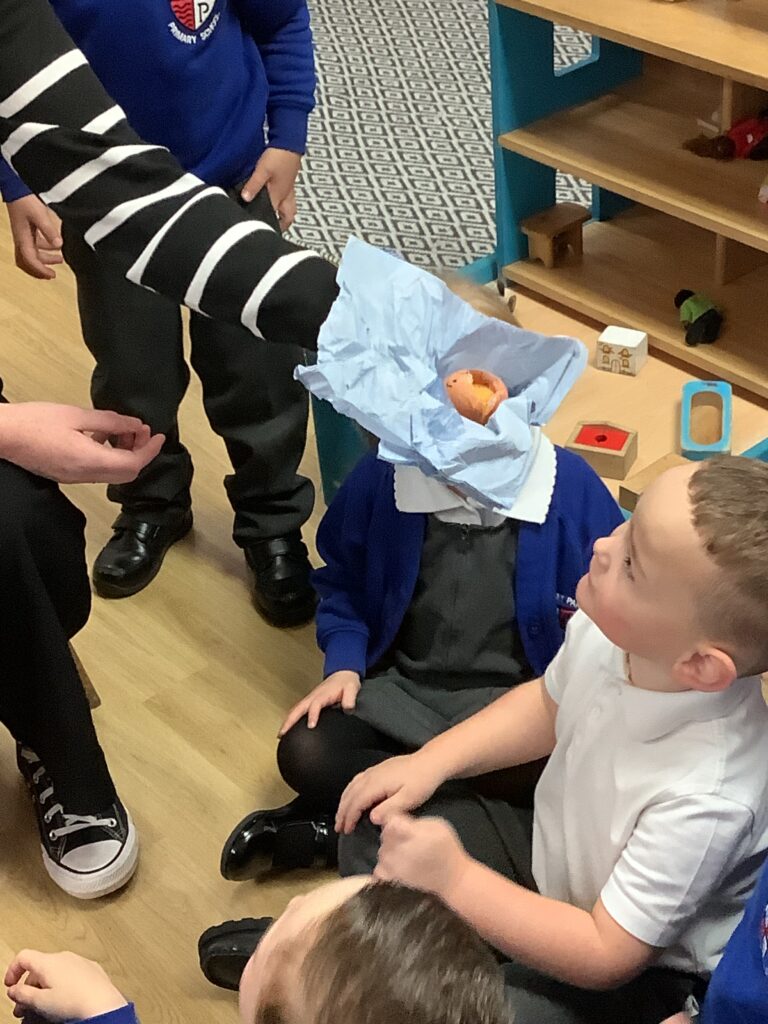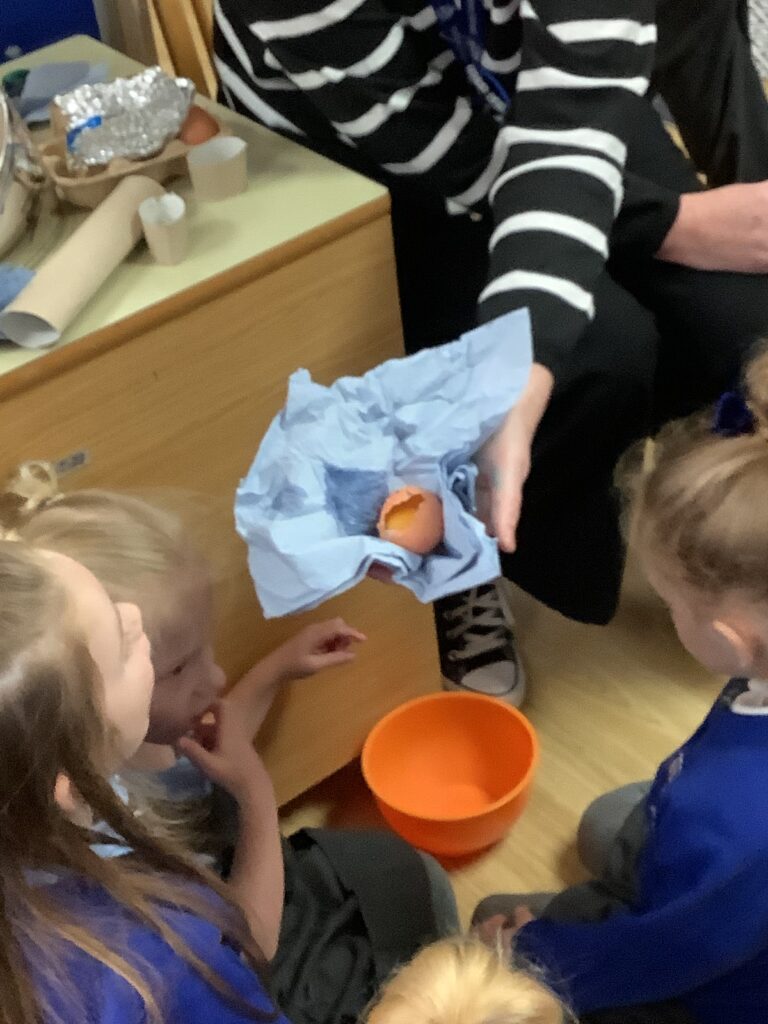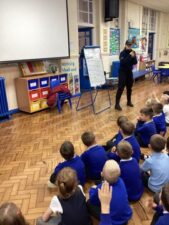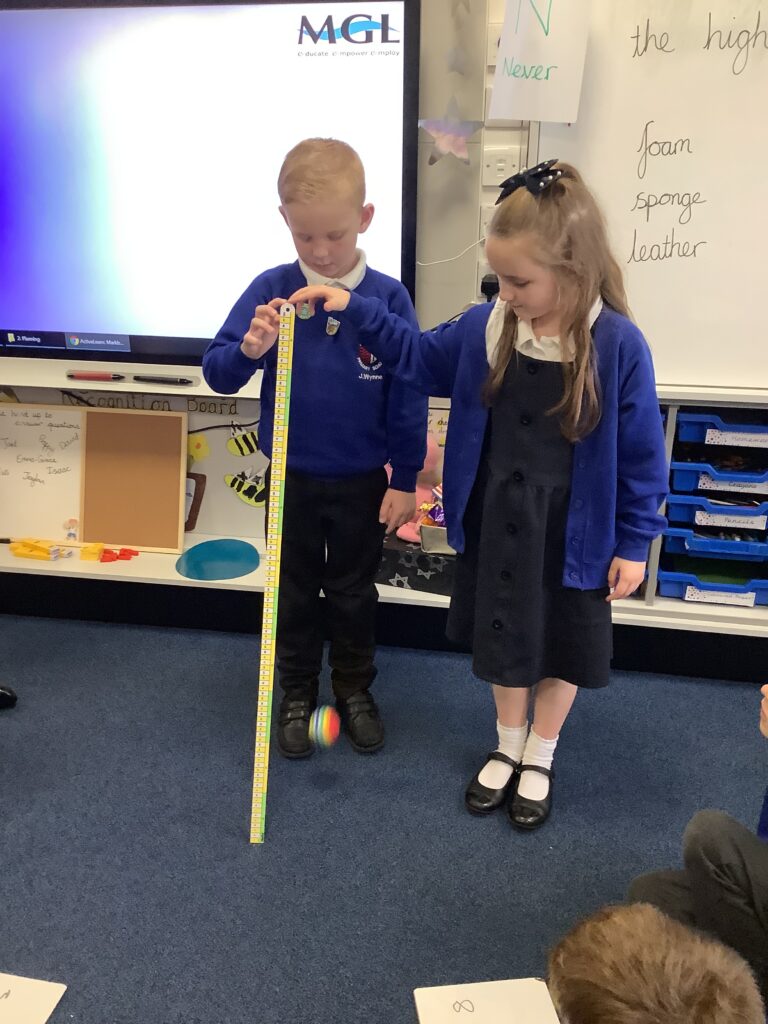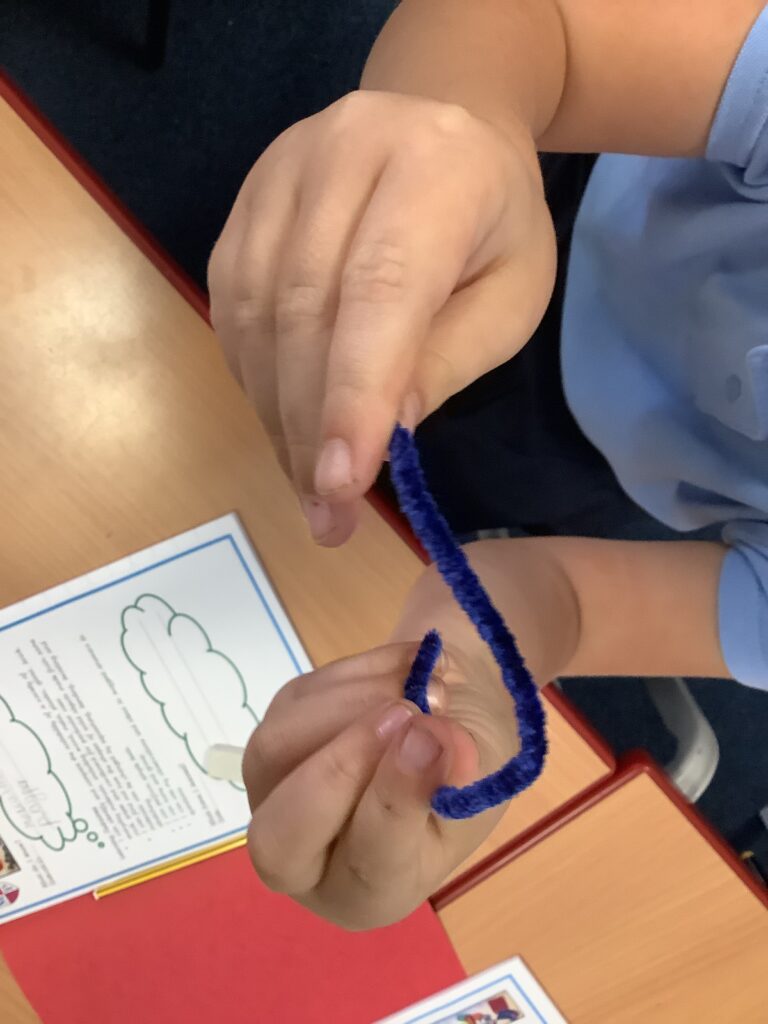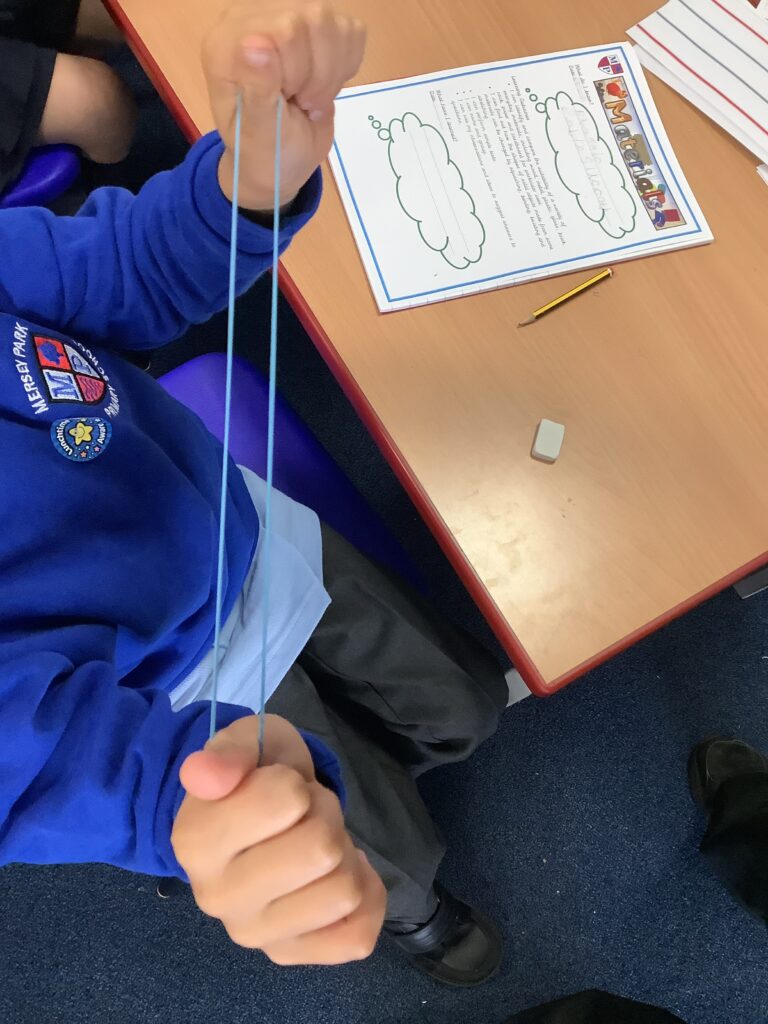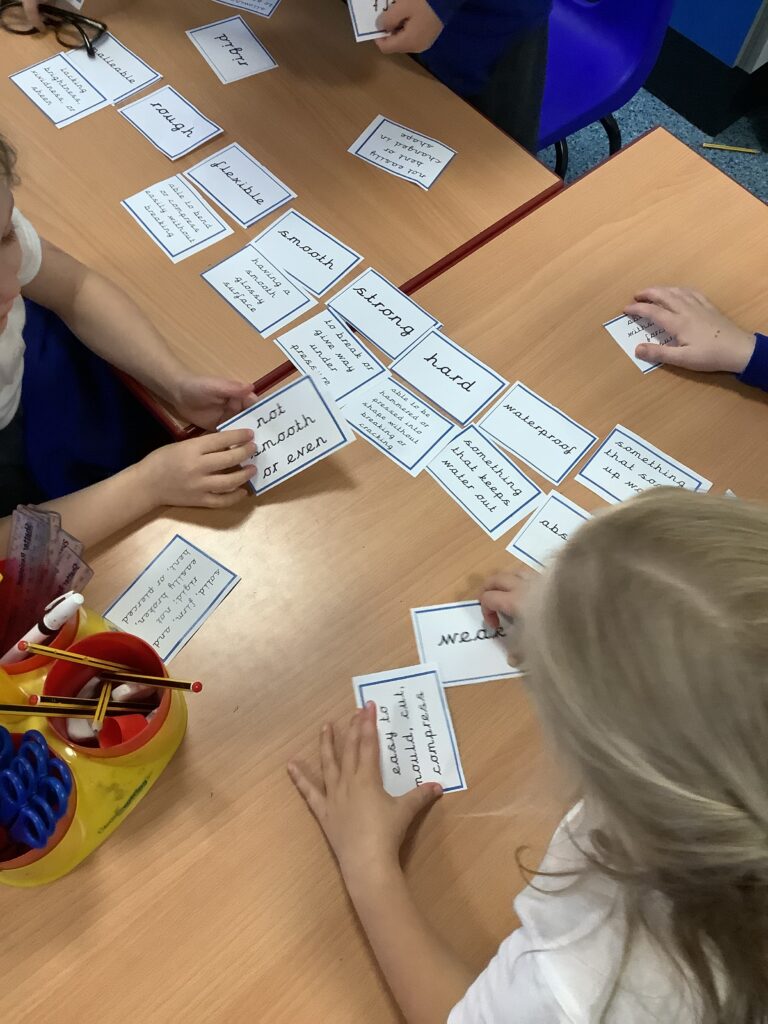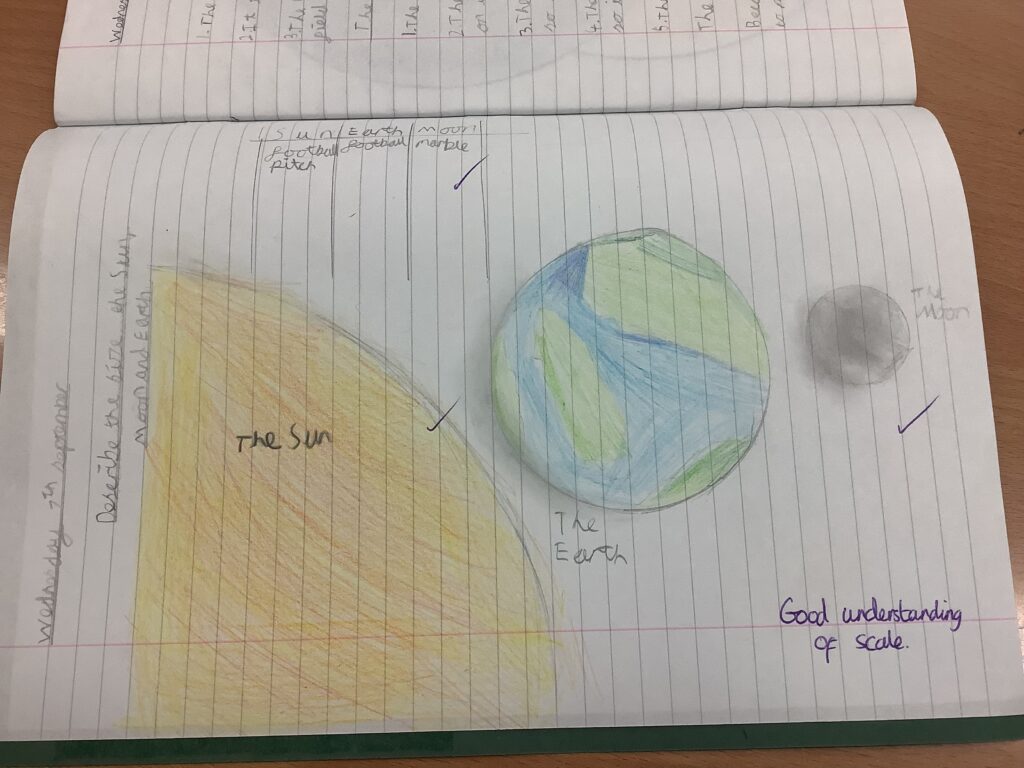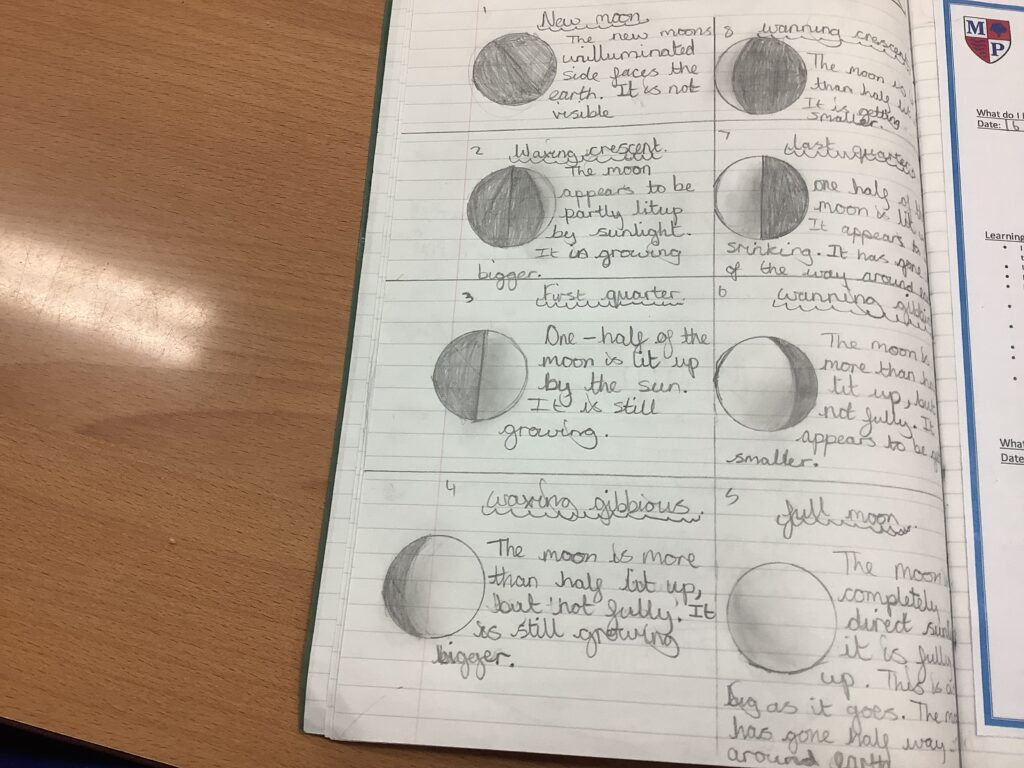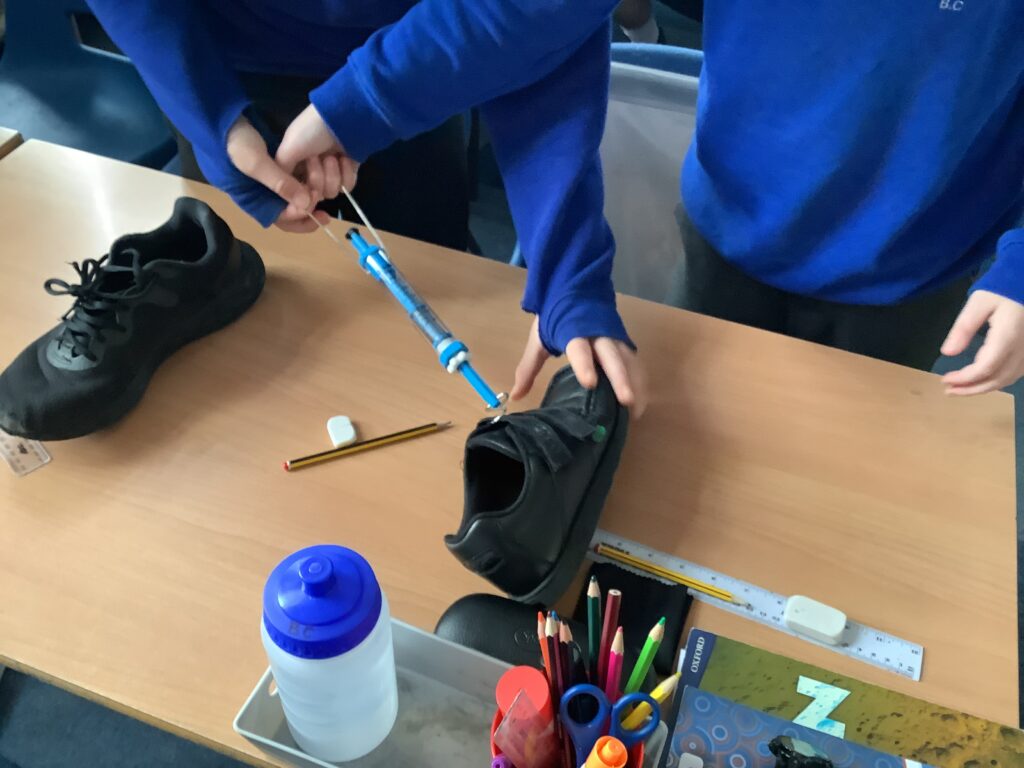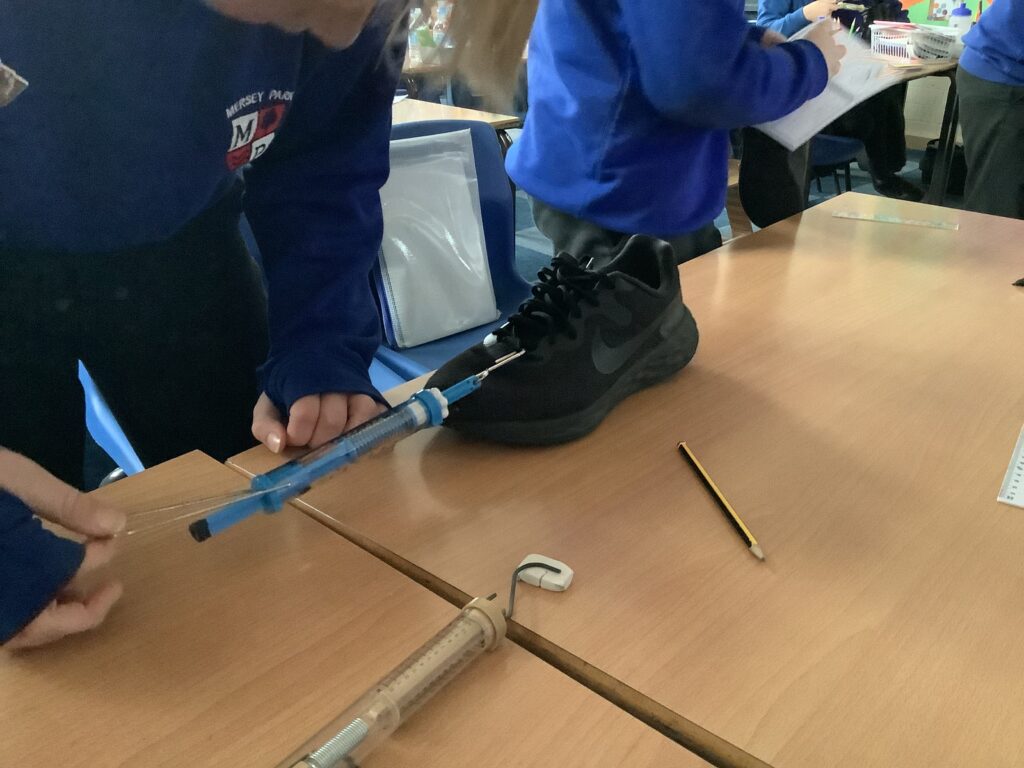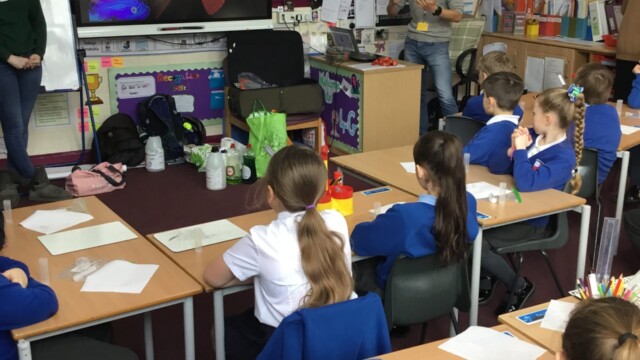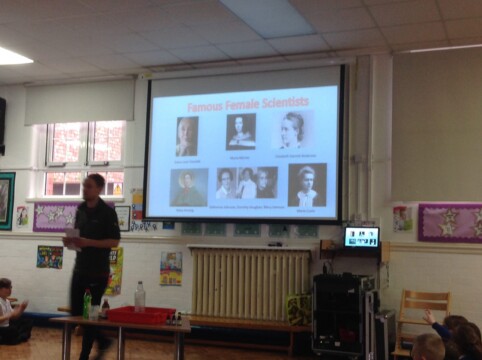Science
“The Science of today is the technology of tomorrow”
Edward Teller
Science at Mersey Park
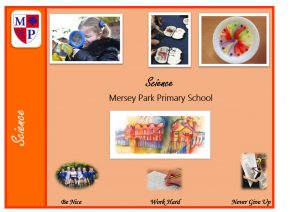
Please click the link below to find out about how we teach Science at Mersey Park.
Science at Mersey Park Primary School
Science Report to Governors
Science Report for Governors 2024
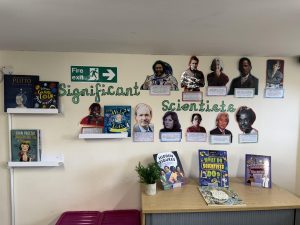
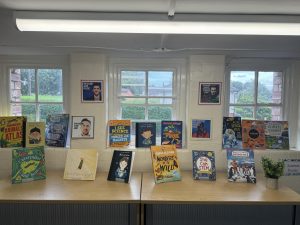
Key facts are also revised every science lesson through the use of our carefully created Knowledge Organisers that contain key vocabulary, sticky knowledge and information about significant individuals from that scientific field.
Topic Overview
Here is a copy of our Long Term Overview for science.
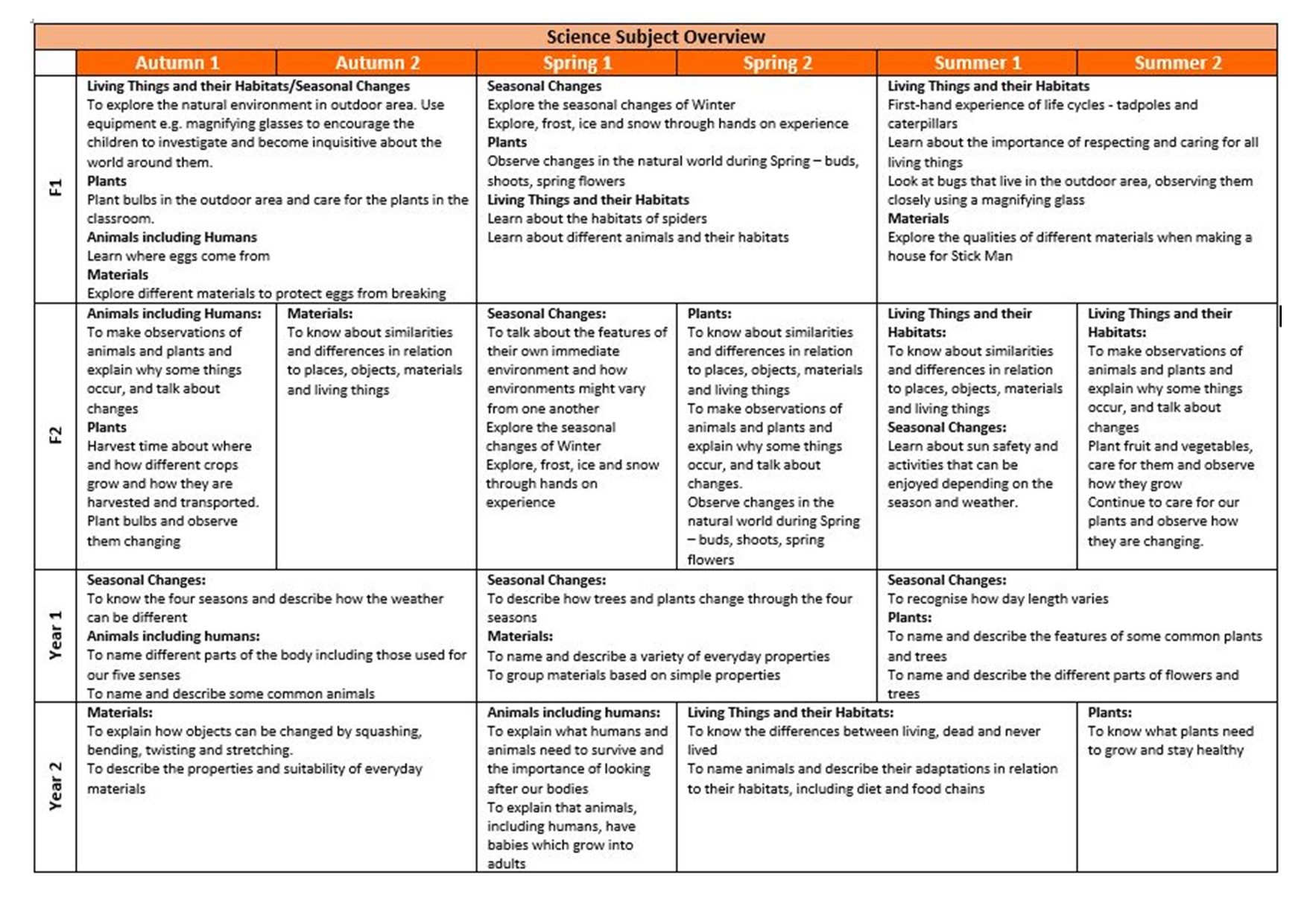
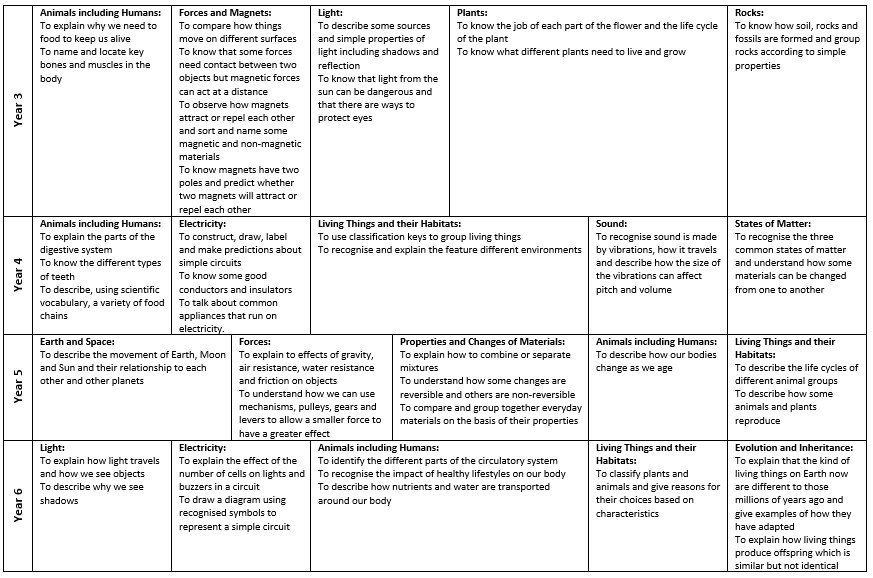 Click below to view the curriculum expectations across the year groups for Science:
Click below to view the curriculum expectations across the year groups for Science:
Mersey Park Curriculum Expectations
Science at Mersey Park
Autumn Term
Foundation 1
In Foundation 1 the children investigate how they can help their nursery rhyme friends. They investigate how they can help Humpty Dumpty to stop him from cracking if he falls off the wall again. They look at different materials to help protect him and predict which ones will protect him best. They conduct experiments to see which material might save him from another fall.
Foundation 2
In Foundation 2 the children have the opportunity to plant seeds and bulbs and watch them grow. They water them daily and measure their growth. They find out what seeds and bulbs need to grow healthily. The children look for signs of Autumn. They enjoy exploring the natural world around them, touching and smelling the things which they find.
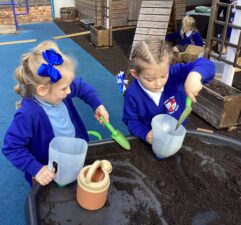
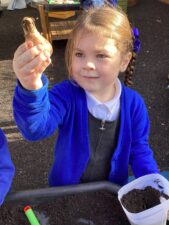
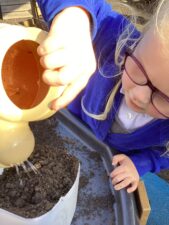
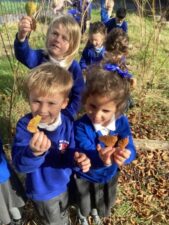
Year 1
In Year 1 the children investigate parts of the human body and their five senses as part of their Animals, including Humans topic. They partake in experiments to explore these senses such as a listening walk, feely bags, taste test and even a smelly sock challenge! They explore the animal groups, features of these and what animals eat, including the vocabulary of carnivore, herbivore and omnivore. The children also prepare questions for a visit from a Zoo Keeper. They find out all about how animals are looked after in the zoo and what animals need.
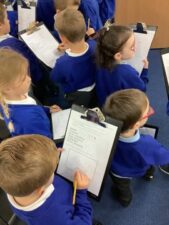
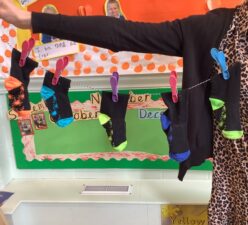
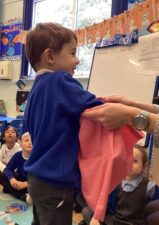
Year 2
In Year 2 the children start the year investigating materials. They look at the different properties of materials and the scientific vocabulary they use to describe them. They discuss the forces we can apply to different materials to change their state. They learn about gravity and the effect this has on objects.
Year 3
In Year 3 the children learn about healthy eating and the five different food groups. They discuss what it means to have a balanced diet and how much of each food group you should eat. They learn about how our muscles work and the names of the bones in our body. The children revise the idea of forces from Year 2 and investigating further about how gravity works and how friction, air and water resistance act upon an object to affect their movement. They sort objects into Venn Diagrams based on which forces we can use on them.
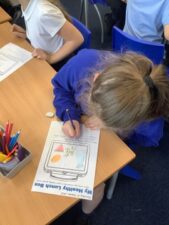
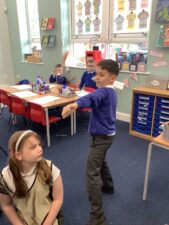
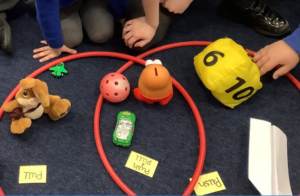
Year 4
In Year 4 the children learn about their teeth and how we need to look after our teeth. they complete an investigation to look at tooth decay. They create their own models of their teeth and learn the different names for our teeth. They also learn about the digestive system and how our bodies absorb food to give us energy. They also learn about electricity. They learn about the different components in a circuit and create simple circuits.
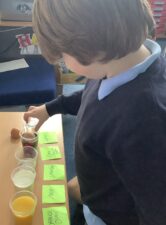
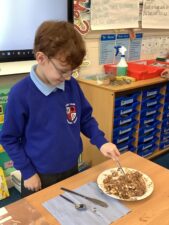
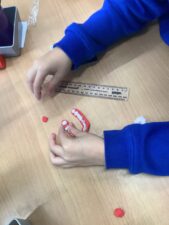
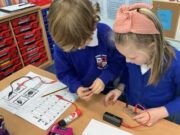
Year 5
In Year 5 we learn about the wonders of space. The children research all of the planets and begin to understand what makes each one unique. The gain an understanding of the Earth’s rotation and how it moves through space. We look at night and day and the different phases of the moon. In the second half-term we look at different types of forces and how each one is impacts our world.
Year 6
In Year 6 the children learn about electricity. They recap the knowledge they have from their Year 4 topic of the different components in a circuit and how to create a simple circuit and they begin to look at how the number of cells within a circuit can affect other components such as light bulbs and buzzers. They also learn about light and how light travels and how we see objects building on their knowledge of sight from Year 1. They also investigate why we see shadows and how to create them. They learn about reflection and what makes a good reflective surface.
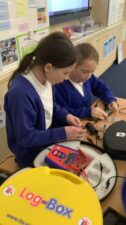
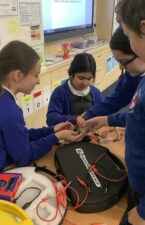
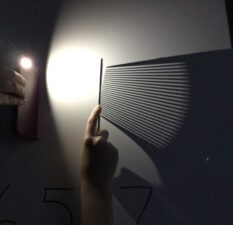
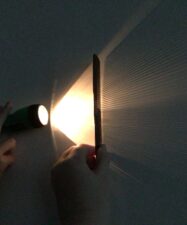
Spring Term
Foundation 1
In Foundation 1 the children continue to take note of changes to the weather and looks for clues as to which season it is. They use their senses to explore the natural environment and find spider webs in the outdoor area.
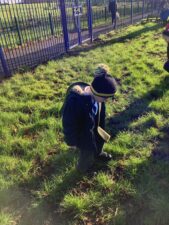
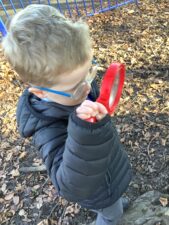
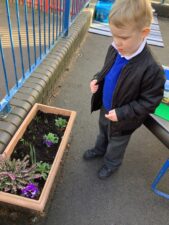
Foundation 2
In Foundation 2 the children enjoy spending time in their outdoor areas, noticing the changes to the trees and also to the bulbs they planted in the Autumn.
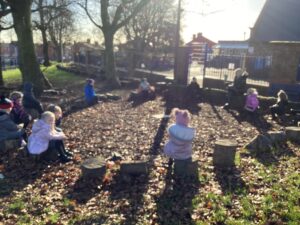
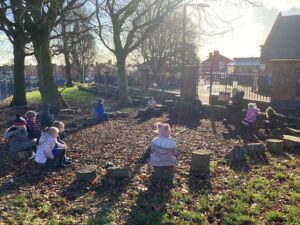
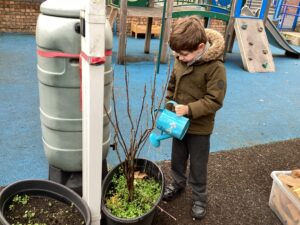
Year 1
In Year 1 the children describe the physical properties of a variety of everyday materials. They compare and group together a variety of everyday materials on the basis of their simple properties. They name, identify and describe the properties of different materials, for example wood, metal, plastic, rubber, fur, towelling, nylon, wool, sponge, cotton wool, paper, card, brick, ceramics and rock. They label, collect and group together objects made from the same material. They state that different objects can be manufactured from the same materials. They say why some materials are unsuitable for some objects.
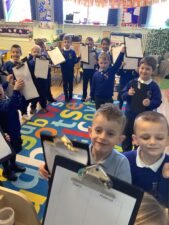
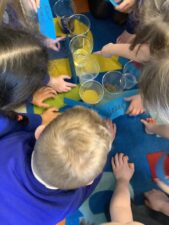
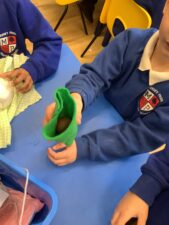
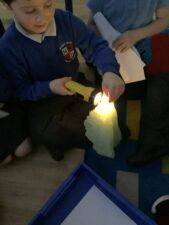
Year 2
In Year 2 the children learn about what humans and animals need to survive and the importance of looking after our bodies. They also learn about how animals, including humans, have babies which grow into adults and some of the changes which happen to our bodies as we grow.
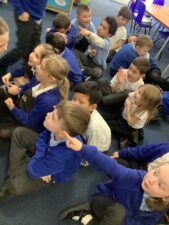
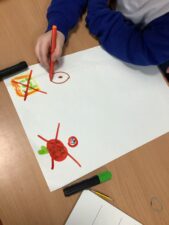
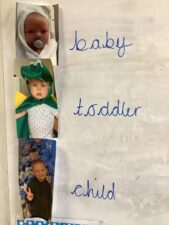
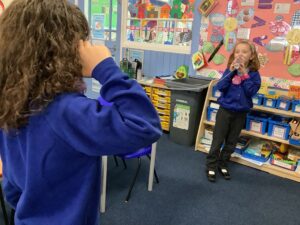
Year 3
In Year 3 in the Spring term the children learn about Light. They learn about different light sources and simple properties of light including how shadows are made and how light can be reflected off certain surfaces. They will also learn about how light from the sun can be dangerous and the ways in which we can protect our eyes and skin from the sun.
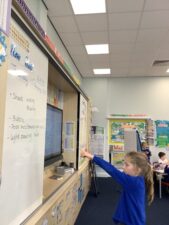
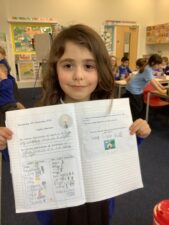
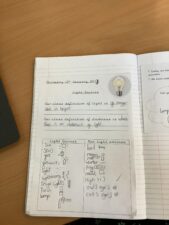
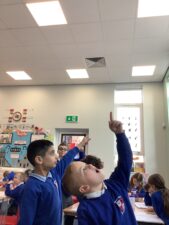
Year 4
In Year 4 in the Spring term the children learn about Living Things and Their Habitats. They learn how to use classification keys to group living things based on their characteristics. They also will learn about the features of different environments and how environments can change and how this can pose dangers to living things.
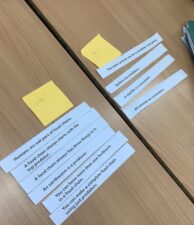
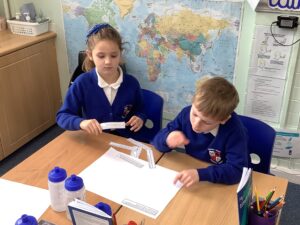
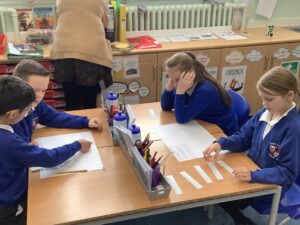
Year 5
This term the children learn the processes involved with combining and separating mixtures. They will explore reversible and non-reversible changes. they will also compare and group together everyday materials on the basis of their properties, including hardness, solubility, transparency, conductivity and responce to magnets.
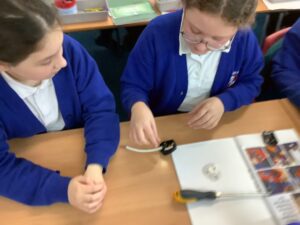
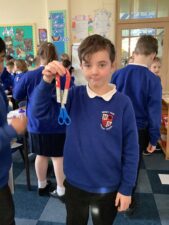
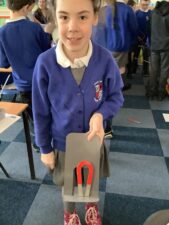
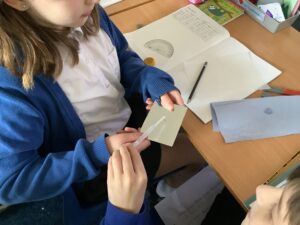
Year 6
In Year 6, we have learnt all about how living things have evolved over time to adapt to their surroundings. We studied fossils and looked for clues about the creatures that created them. We also learnt about character traits that have been inherited from relatives and also how plants and animals adapt to their environment.
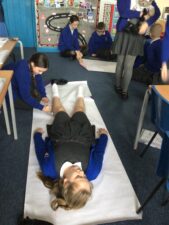
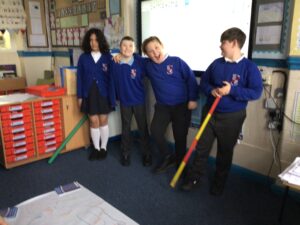
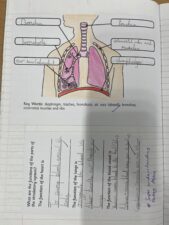
Summer Term
Foundation 1
In Foundation 1 the children investigate the life cycle of a caterpillar.
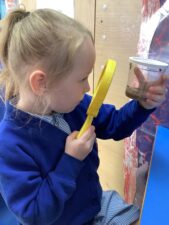
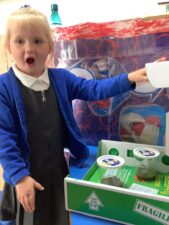
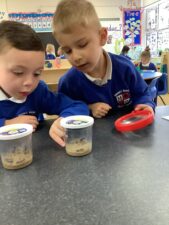
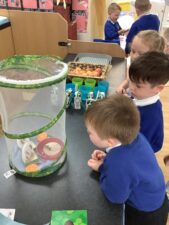
Foundation 2
In Foundation 2 the children enjoy a visit to St. Catherine’s church where they listen to the story of Creation from the Bible. They have fun exploring the gardens looking at all of the wonderful things that Christians believe God has created. In the classroom they plant a range of seasonal fruit and vegetables including sweetcorn, tomatoes and strawberries. They enjoy looking after them, watching them grow and change and always look forward to tasting them too. After reading the story of Jack and the Beanstalk, the children are always keen to grow beanstalks of their own. They wonder if the Giant might use them to climb back up to his castle.
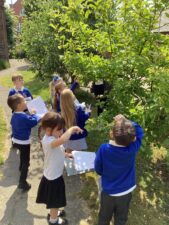
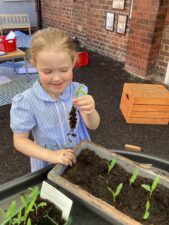
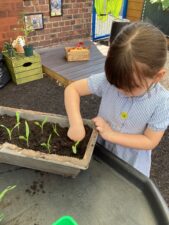
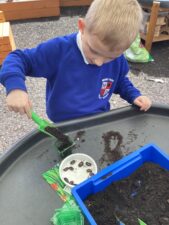
Year 1
In Year 1 the children explore what grows in our local environment by hunting around the school grounds. They use all their senses to complete this hunt as many plants give off lovely scents. They also enjoy investigating plants in the classroom, identifying the different parts of the plant and growing plants of their own.
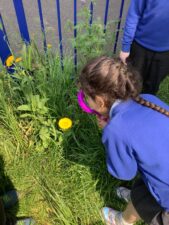
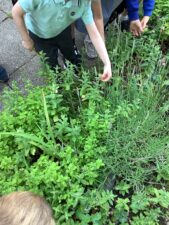
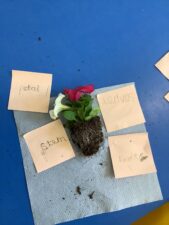
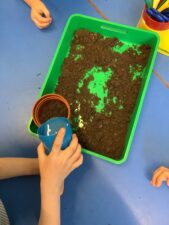
Year 2
In Year 2 the children learn about the habitats many animals live in and explore the micro-habitats within the school grounds. When they move on to their plants topic they investigate different conditions in which to grow plants in the classroom and the effect on plants in different temperature and light conditions. They also grow a range of mystery seeds to see if they grow to different heights and into different plants.
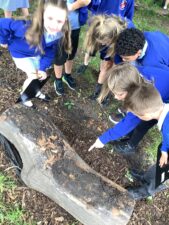
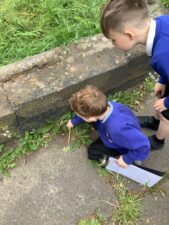
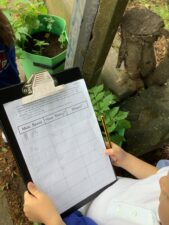
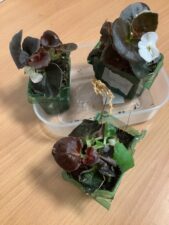
Year 3
In Year 3 the children investigate different leaves and the tress they come from. They learn about the importance of roots and their function.
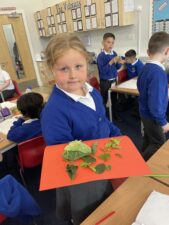
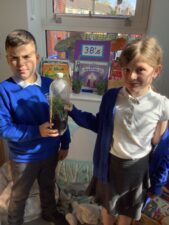
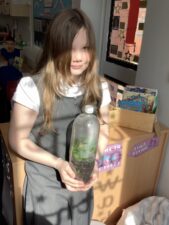
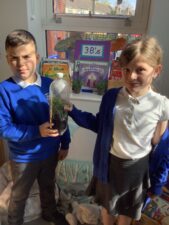
Year 4
In Year 4 the children explore sound and make their own instruments; a shrieking balloon, a straw oboe, a comb saxophone and a bottle orchestra. They then explore how to change the pitch of their instruments. In their states of matter work they compare and group materials according to whether they are solids, liquids or gases. They observe that some materials change state when they are heated or cooled.
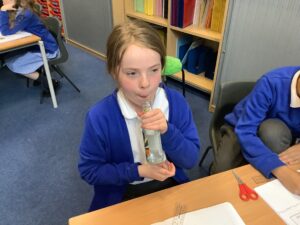
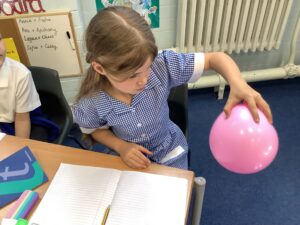
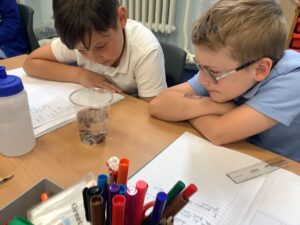
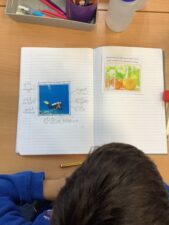
Year 5
In Year 5 the children look at animal life cycles. They compare and contrast the cycles of different types of animals, including complete and incomplete metamorphosis. They also take their own true or false questions on life cycles which they then revisit at the end of the topic to see if they have learnt anything new.
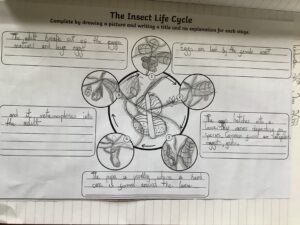
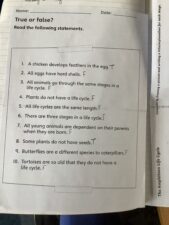
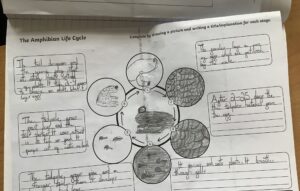
Year 6
During the living things and their habitats topic in Year 6 the children classify plants and animals based on their characteristics. They sort leaves using Venn diagrams and branching diagrams and classify buttercups that they find in the school grounds. They learn how to use a classification table and use it to group living things.
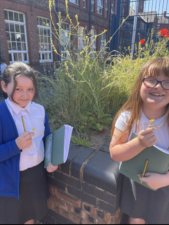
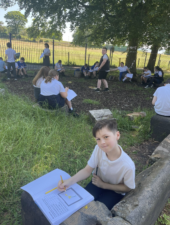
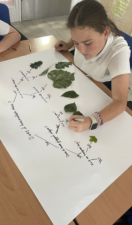
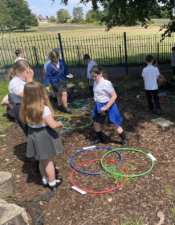
Science Club
Our children have the opportunity to attend a science club where they investigate more into the fun side of science. They investigate how the viscosity of a liquid can affect how they mix. They discover the world of chromatography to create their own colourful flowers. They investigate forces by creating their own rocket racers and sticky slime.
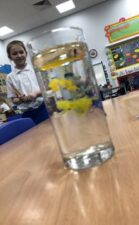
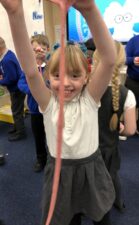
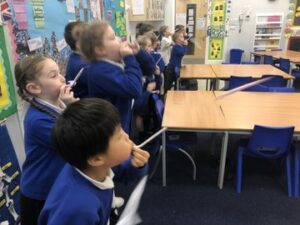
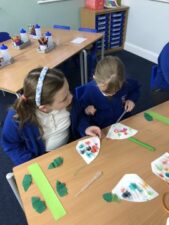
Year 2 Creepy Crawly Show
In Year 2 the children raise money for the Creepy Crawly show to visit. They learn about the different needs of mini beats and tropical animals.
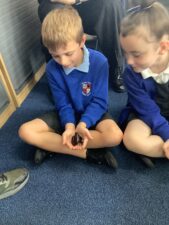
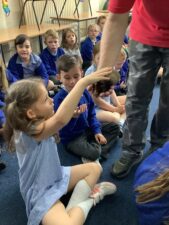
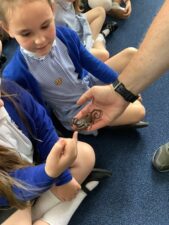
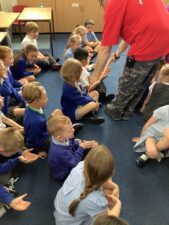
British Science Week
As part of British Science Week all year groups undertook an adventurous investigation or exploration. Have a browse at the galleries below to see some of the work we did:
DNA Science Workshop delivered by Liverpool University students

